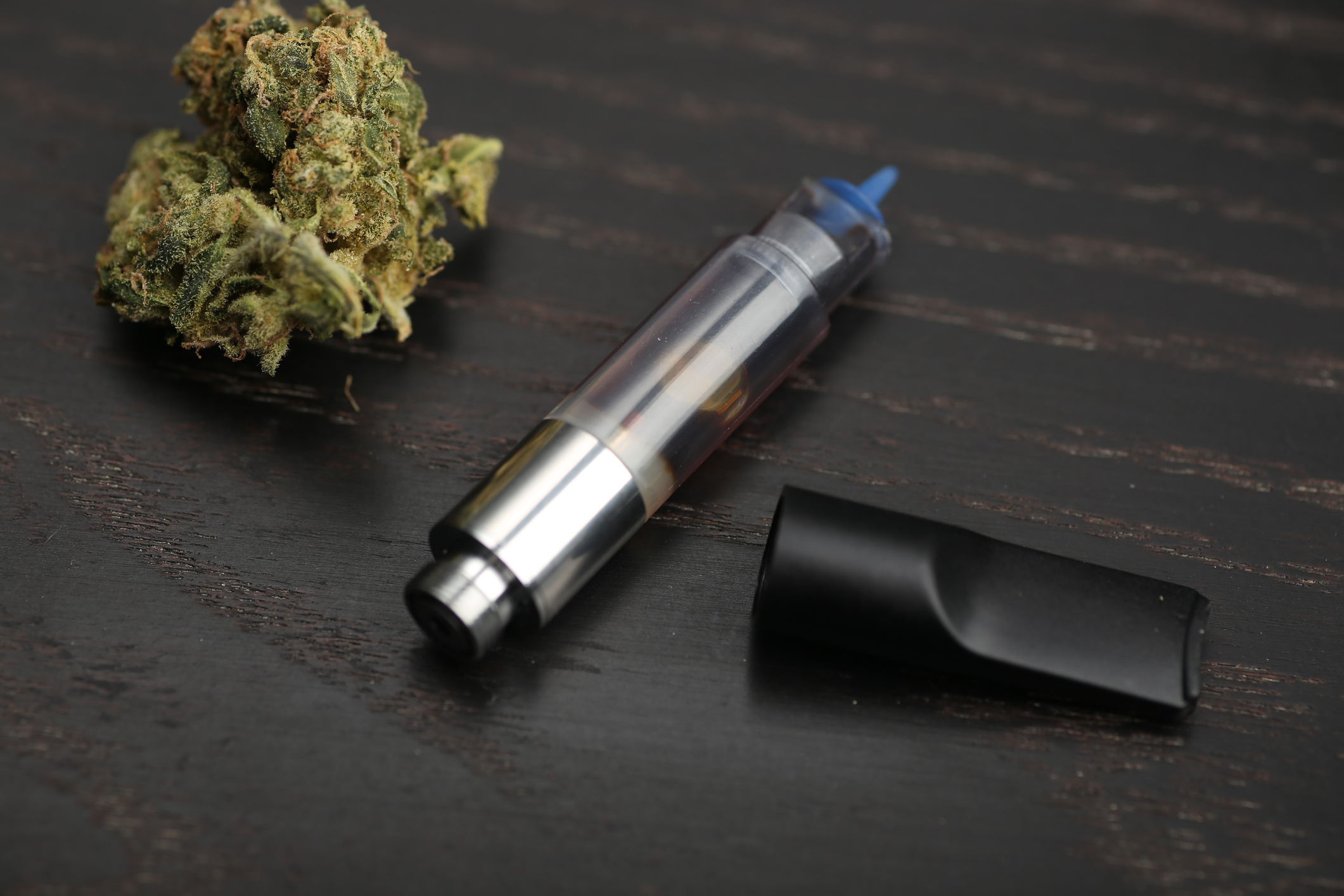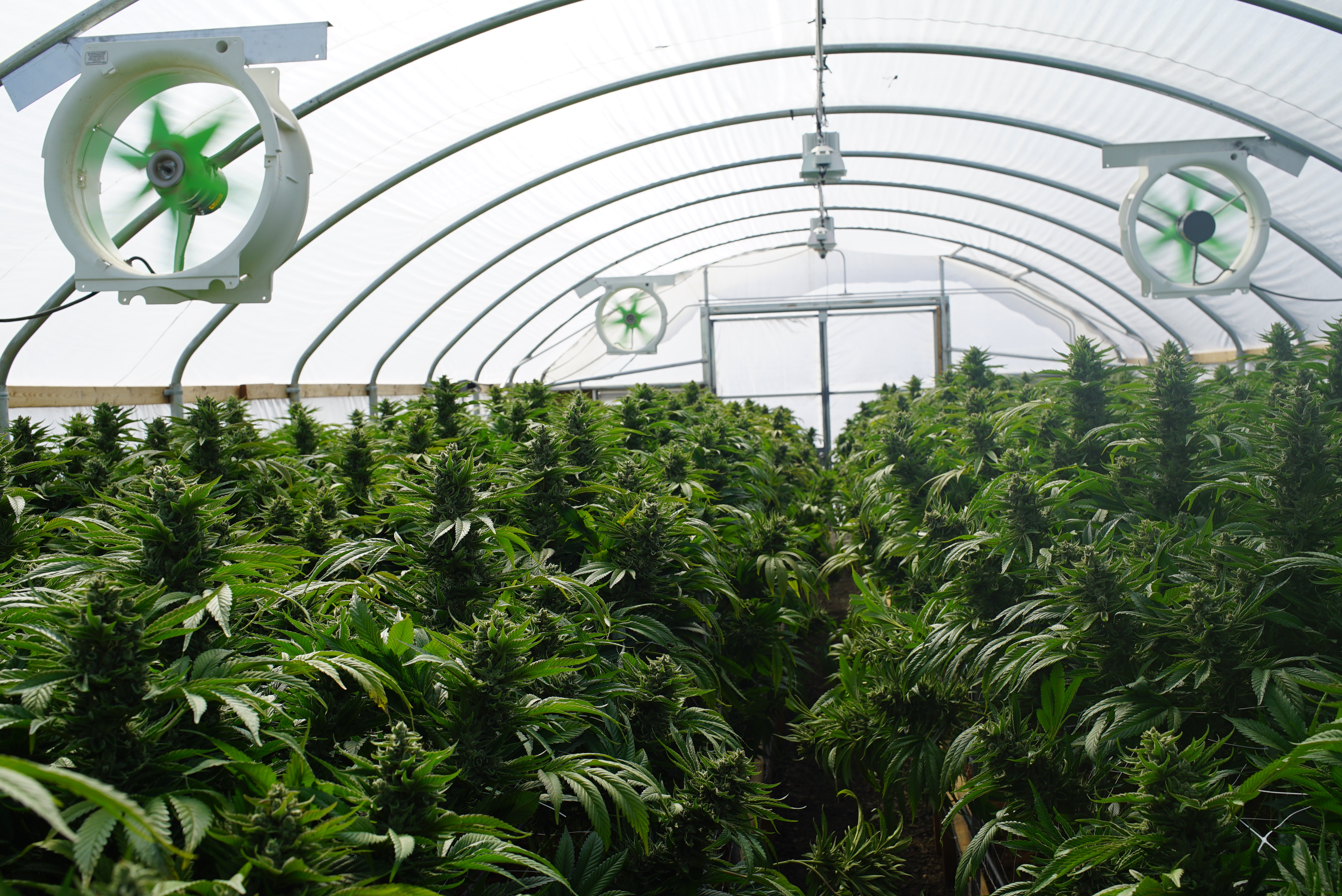On April 19, 2021, the U.S. Postal Service issued a notice regarding the upcoming changes to Publication 52, which is titled “Hazardous, Restricted, and Perishable Mail.” Postal Service, “Treatment of E-Cigarettes in the Mail,” 86 Fed. Reg. 20,287 (Apr. 19, 2021). The changes relate to the mailability of electronic nicotine delivery systems (“ENDS”), which were added to the definition of “cigarettes” in the Prevent All Cigarette Trafficking (PACT) Act. See our previous alert regarding these changes.
Continue Reading Postal Service Provides Guidance on Applications for Exceptions to the PACT Act







